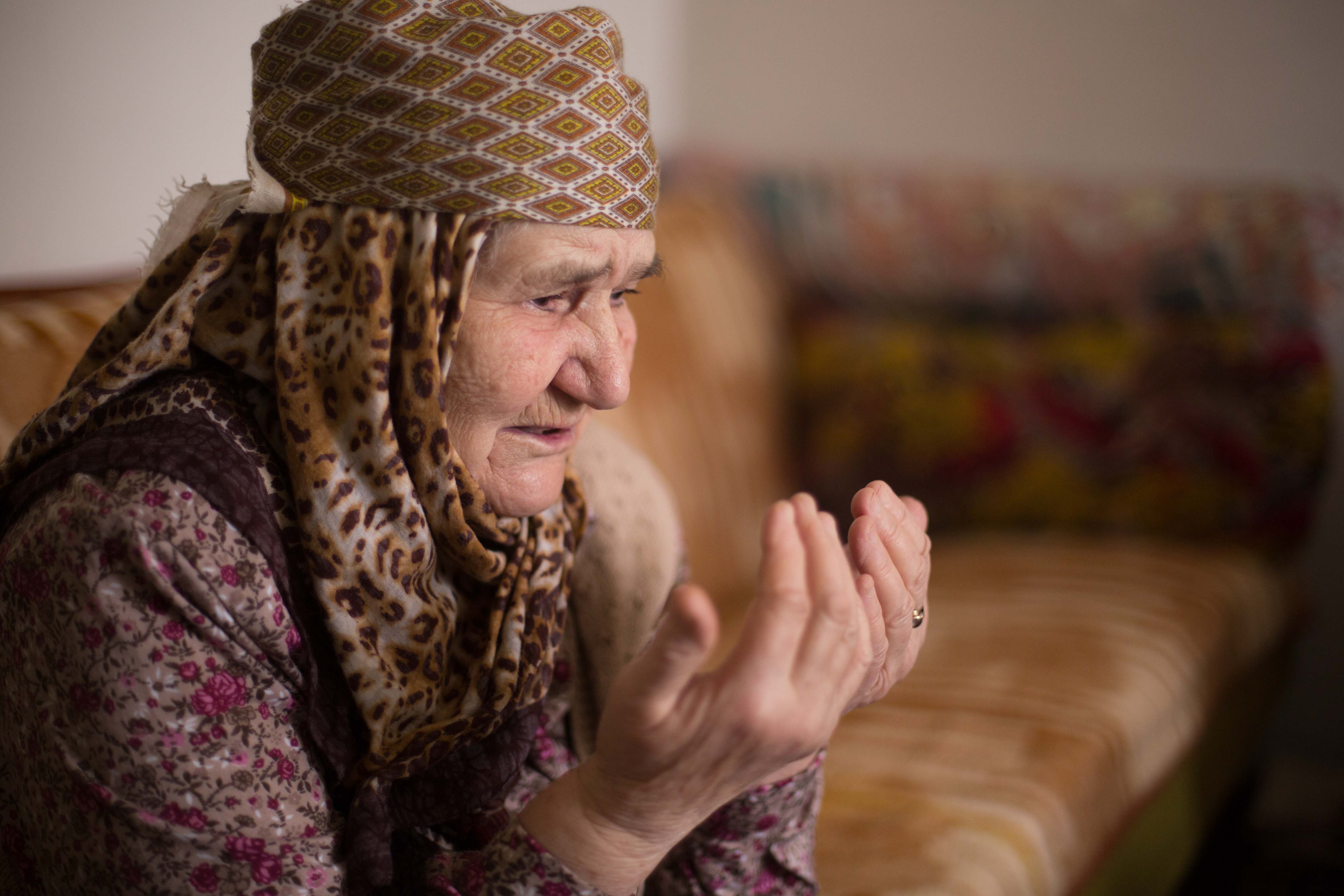In A Wealthy World, It’s Wrong That So Many Women Live in Poverty
Christina Tobias-Nahi is Director of Public Affairs at Islamic Relief USA.
Boston, MA – Oxfam America invited some of their regional “Sisters on the Planet Ambassadors” to participate in the 2015 International Women’s Day Right the Wrong workshop held in and around Harvard University’s Campus on March 6 and 7. This is one of many workshops in a series that was held around the United States. The training and advocacy event was focused on Protecting Resources and Rights in extractive industries in the developing world.
More than 50 countries in the world are considered “resource-rich”, meaning they have significant oil, gas or mineral reserves. Yet in many of these countries, a large majority of people live on $2 a day or less. Sadly
too, many of these same countries face a “resource curse” – meaning that money garnered from these resources that could and should pay for education, healthcare and small-scale farming leaves the country or is wasted in corruption and mismanagement. Indeed, at a time when development aid is declining, directing profits from natural resources should be used to fight poverty within the source country.
Not surprisingly, women are often hardest hit by the social and environmental problems related to industries like oil, gas and precious metals. While women usually work the land for food, they typically do not receive any direct compensation for land lost due to mining because men are usually the titleholders. Women are also typically not involved in making decisions about how revenue is used in local developmen
t. Many development institutions like the World Bank are adopting policies requiring women to be consulted during the development and operations of extractive projects. These policies recognize that the use of revenue must reflect the views of women and the poor and vulnerable in a community.
 The advocacy component of the event was to learn about Section 1504 of the Dodd-Frank bill, which makes it imperative that American or foreign extractive companies listed on the US stock exchange publically disclose their payments for individual projects to governments. The Securities and Exchange Commission (SEC) issued strong rulings about transparency in 2013, but pushback from major oil companies has slowed their implementation. Once Congress finalizes the legislation, local communities – including women’s groups – can use the publicly available information to hold their government’s responsible for using these revenues as they were intended to be used: to fight poverty and provide critical public services like hospitals and schools.
The advocacy component of the event was to learn about Section 1504 of the Dodd-Frank bill, which makes it imperative that American or foreign extractive companies listed on the US stock exchange publically disclose their payments for individual projects to governments. The Securities and Exchange Commission (SEC) issued strong rulings about transparency in 2013, but pushback from major oil companies has slowed their implementation. Once Congress finalizes the legislation, local communities – including women’s groups – can use the publicly available information to hold their government’s responsible for using these revenues as they were intended to be used: to fight poverty and provide critical public services like hospitals and schools.
Former Ohio State Representative, Senator Mary Jo Kilroy, spoke of the importance of advocacy on this issue. She asked those present to use their organizations and networks to get their elected representatives to contact the SEC. The Sisters on the Planet Ambassadors were divided into small groups to strategize about how to have greater reach in their communities (faith-based and other) in order to leverage their voices and take effective action.
It was interesting that the final day’s discussion led to conversations about extractive industries in the United States and the ways they too affect local communities. The shared sentiment: It’s important that women both here and abroad have a say in what is going on in their neighborhoods. That was the ultimate message of Oxfam’s 2015 International Women’s Day: Women have both the right to know and the right to be involved in community decisions concerning the local industries that directly affect their lives and the lives of their families.



